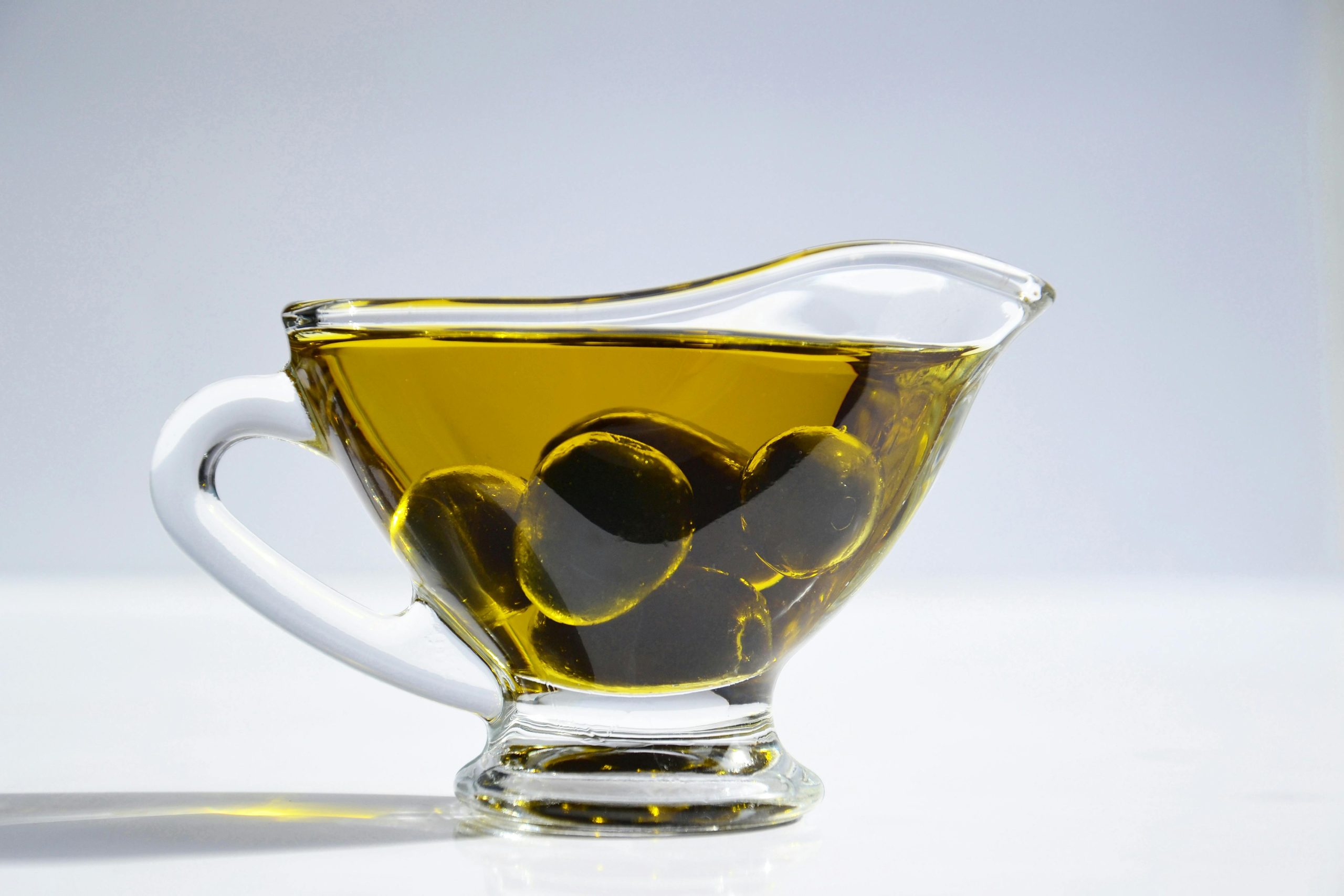Stockpiling groceries and household goods when they’re on sale can seem like a smart financial move. Having a well-stocked pantry offers convenience and a buffer against price increases. However, not all items are suitable for long-term stockpiling. Some products degrade in quality, expire relatively quickly, take up excessive space, or simply encourage overconsumption if too readily available. Attempting to stockpile the wrong items can backfire, leading to wasted money, clutter, and frustration. Here are 10 types of items you should generally avoid stockpiling in large quantities, as they might cost you more in the long run.

1. Cooking Oils (Especially Polyunsaturated)
While unopened cooking oils have a decent shelf life, once opened, or even if stored for very long periods unopened, they can go rancid. This is especially true for polyunsaturated oils like sunflower, corn, or flaxseed oil. Rancid oil tastes unpleasant and can be unhealthy. Stockpiling numerous large bottles might mean some go bad before you can use them. Buy amounts you can realistically use within a few months of opening.
2. Whole Wheat Flour and Other Whole Grains
Whole wheat flour, brown rice, and other whole grains contain natural oils in their bran and germ. These oils can spoil over time, causing the grains to become rancid or develop off-flavors. While they last longer than fresh bread, their shelf life is shorter than refined white flour or white rice. Stockpile only what you can use within about 3-6 months (or freeze for longer storage).
3. Nuts and Seeds
Nuts and seeds are rich in oils, which makes them prone to rancidity, especially if shelled or chopped. While they offer great nutritional benefits, buying huge bags on sale might lead to waste if they’re not consumed relatively quickly or stored properly (e.g., frozen). Rancid nuts have a distinctly unpleasant taste. Consider buying smaller quantities more frequently or freezing larger batches.
4. Spices (Especially Ground)
Ground spices lose their potency and flavor much faster than whole spices. While they don’t typically “expire” in a safety sense, old ground spices will be dull and ineffective, requiring you to use more to achieve any flavor. Stockpiling numerous jars of ground spices often leads to a collection of flavorless powders. Buy smaller amounts of ground spices, or buy whole spices and grind them as needed.
5. Canned Goods Prone to Rust or Degradation (Acidic Foods)
While canned goods are known for long shelf lives, highly acidic foods like canned tomatoes, pineapple, or citrus fruits can react with the can lining over very long periods (many years). This can affect taste or even cause corrosion. Also, cans stored in damp environments can rust externally, potentially compromising the seal. Rotate your canned goods stock and avoid stockpiling excessive amounts for decades.
6. Medications and Vitamins (Beyond Reasonable Use)
It’s tempting to buy large bottles of over-the-counter medications or vitamins when they’re on sale. However, all medications and supplements have expiration dates. After this date, their potency and effectiveness can decrease. Stockpiling more than you can reasonably use before they expire is a waste of money and could mean relying on less effective products when you need them.
7. Cleaning Supplies with Specific Active Ingredients
Some cleaning supplies, particularly those containing bleach or certain disinfectants, can lose their effectiveness over extended periods, especially if stored improperly (e.g., in heat or direct sunlight). While they might still “clean,” their disinfecting power could be reduced. Stockpile reasonable amounts you’ll use within a year or two, rather than amassing a huge multi-year supply.
8. Beauty Products and Cosmetics

Makeup, lotions, sunscreens, and other beauty products have expiration dates or “period after opening” (PAO) symbols. Active ingredients can degrade, preservatives can fail (leading to bacterial growth), and textures or colors can change. Stockpiling numerous trendy makeup items or skincare products often results in many going bad before they can be fully used, wasting money.
9. Batteries (Beyond a Moderate Supply)
While batteries have a long shelf life (often several years if stored correctly), stockpiling excessive quantities for a decade or more isn’t always wise. Battery technology can evolve, or your device’s needs might change. Furthermore, very old batteries, even unused ones, can eventually leak. Keep a reasonable backup supply, but don’t go overboard for the very distant future.
10. Highly Processed Snack Foods Bought “On Sale”
Chips, cookies, crackers, and other processed snacks are often bought in large quantities during sales. However, these items often have limited nutritional value and can encourage overconsumption if too readily available. Their “best by” dates also indicate declining quality (staleness, off-flavors) over time. Stockpiling these might save a few cents, but could cost more in terms of health or lead to waste if they go stale.
Stockpile Smartly, Not Excessively
Strategic stockpiling of true non-perishables and items you use consistently can be a smart way to save money and ensure preparedness. However, overstockpiling items prone to spoilage, degradation, or those that encourage overconsumption can lead to wasted money, clutter, and frustration. Understand the true shelf life and utility of products before buying them in large quantities. The goal is to build a practical, usable pantry reserve, not a museum of expired goods. A balanced approach is always best.
What items have you regretted stockpiling in the past? What are your personal rules for deciding what’s worth stocking up on and what’s not? Share your experiences below!
Read More
Couponing Can Destroy Your Marriage If You’re Doing These 5 Things
The post 10 Items You Should Never Stockpile—They’ll Cost You Later appeared first on Grocery Coupon Guide.







